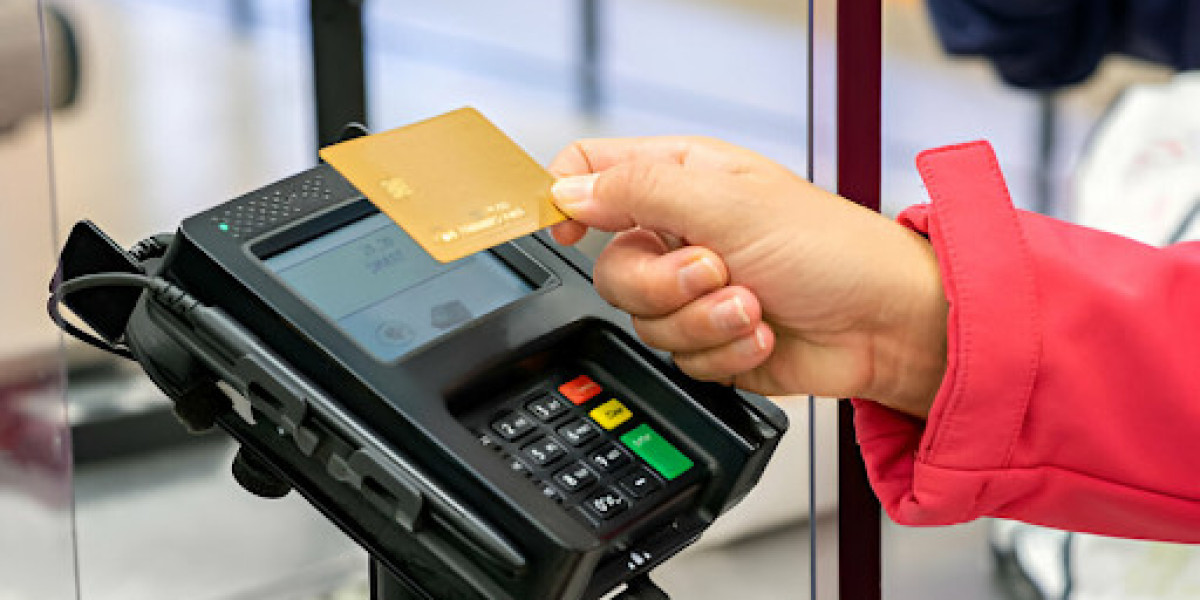What Is a DSA?
A Direct Selling Agent (DSA) is an individual or organisation that works with financial institutions, particularly NBFCs, to find customers for a variety of financial goods such as loans, credit cards, and so on. DSAs serve as a link between customers and lenders, assisting in matching borrowers with appropriate loan products while simplifying the application process.
DSAs help NBFCs by discovering potential clients and supporting them through the documentation and application process. This partnership approach enables NBFCs to expand their reach without having to establish physical branches in every region, resulting in lower operational expenses.
Key Responsibilities of a DSA
DSAs play a pivotal role in the NBFC ecosystem by:
- Sourcing Customers: DSAs actively seek and identify new borrowers, ensuring that they meet the eligibility requirements for the NBFC's loan products.
- Document Collection and Verification: DSAs help customers acquire the appropriate paperwork and ensure compliance with NBFC standards. This step helps to streamline the approval process.
- Providing Product Information: A DSA informs customers about numerous financial products and assists them in choosing the best option depending on their requirements.
- Submitting Loan Applications: DSAs ensure that all necessary paperwork and forms are properly submitted to the NBFC for processing.
- Follow-Up: They also give follow-up help, ensuring that applications are processed on schedule and addressing any customer problems.
Benefits of Partnering as a DSA
For people and groups, being a DSA for an NBFC offers various benefits:
- Flexible Earning Opportunities: DSAs receive commissions based on the number of successful loan applications they refer to the NBFC. The more applications you close, the more you earn.
- Low Investment: Starting as a DSA is inexpensive, making it an appealing option for people seeking to work independently.
- Training and Support: Most NBFCs provide training and coaching to DSAs to help them understand the products and services they promote.
- Work Independence: As a DSA, you can work as a freelancer, determining your own goals and working hours.
How to Become a DSA for an NBFC
If you want to become a DSA, the process is straightforward. Most NBFCs provide NBFC DSA registration online, making it easier to apply. Here's how to get started:
- Identify the NBFC: Conduct research and select an NBFC that is compatible with your goals and ambitions.
- Fill Out the Application: Visit an NBFC's website, such as Bajaj Finserv, and fill out the DSA registration form. Make sure you submit accurate information and upload all relevant papers.
- Submit Required Documents: The typical documentation includes:
PAN card
Aadhar card or other ID proof
Address proof
Bank account details
Business registration proof (if applicable) - Background Check: The NBFC will run a background check to confirm that your credentials and financial history satisfy their requirements.
- Training and Onboarding: Once accepted, you will be trained on the NBFC's products and processes. This stage guarantees that you are ready to assist consumers effectively.
By completing your NBFC DSA registration, you have access to a variety of resources and support from the NBFC, allowing you to begin your journey as a DSA confidently.
Why Are DSAs Important for NBFCs?
NBFCs rely on DSAs to expand their market penetration and customer base, particularly in semi-urban and rural areas where financial awareness is low. DSAs serve as the first point of contact for many consumers, providing tailored help and simplifying what may otherwise appear to be a difficult procedure. This collaboration benefits both the NBFC and the customer, resulting in a win-win scenario.
The Future of DSAs in the NBFC Sector
The function of DSAs is changing as digital procedures become more widely adopted. Many NBFCs are using technology to streamline loan applications, and DSAs are now playing a hybrid role by mixing traditional customer contacts with digital tools. Platforms that provide NBFC DSA registration online have made it easy for prospective DSAs to enter the profession and contribute to the growth of the financial sector.
FAQs
How do I apply for NBFC DSA registration online?
Visit the NBFC's official website, such as Bajaj Finserv, and complete the DSA registration form. Before applying, make sure you have all of the necessary papers ready.
What are the eligibility criteria for becoming a DSA?
Eligibility requirements vary for each NBFC, but often include valid ID, address evidence, and a clean credit history.
What is the earning potential for a DSA?
DSAs often receive commissions ranging from 1% to 3% of the loan amount, making it an attractive option for top performers.


